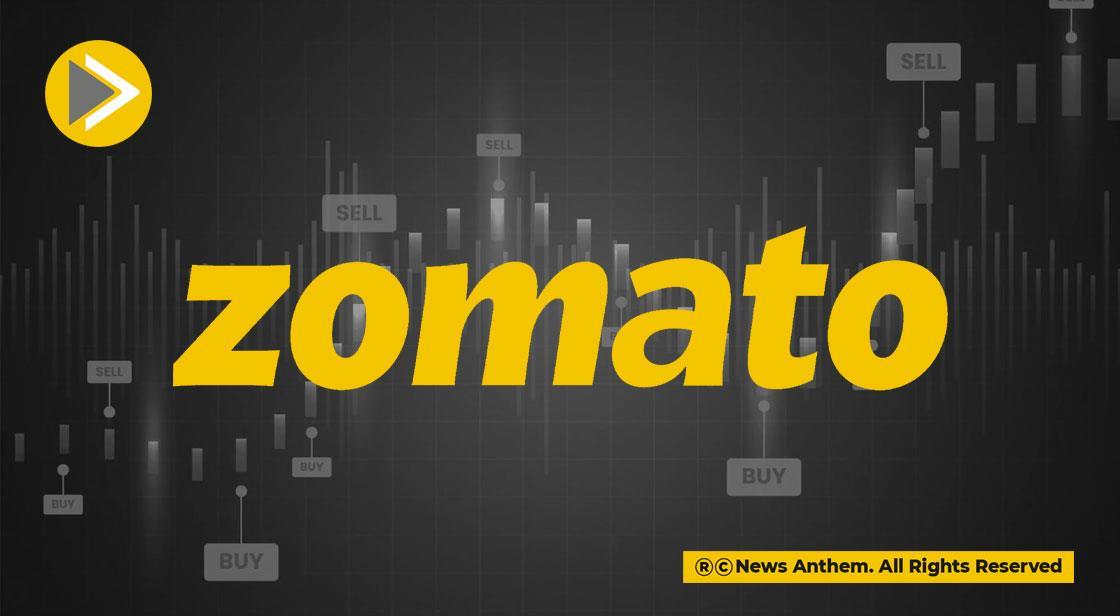Zomato Introduces "Long Distance Fee" and Rider Priority Plan for Restaurants to Boost Profitability

News Synopsis
Zomato, the prominent food delivery platform owned by Eternal, is making adjustments to its cost structure for restaurant partners. The company's latest move aims to increase the profitability of individual orders, particularly those requiring deliveries over longer distances.
This involves introducing an additional "long distance fee" for restaurants on orders dispatched beyond a certain radius.
New "Long Distance Fee" Structure
According to internal communications reviewed by Moneycontrol, Zomato will now require restaurants to pay an extra charge for deliveries extending beyond 4 kilometres.
-
For deliveries between 4-6 kilometres: Restaurants or cloud kitchens will incur an additional "Rs 20 per order" if the order value exceeds "Rs 150."
-
For deliveries beyond 6 kilometres: This fee doubles, with restaurants being required to pay "Rs 40 per order" for the same order value.
Smaller orders, falling within the "Rs 0-150 price bracket," will not face any additional charges if delivered within "6 kilometres." However, for these smaller orders delivered beyond "6 kilometres," Zomato will collect "Rs 40 per order" from the restaurant, as Moneycontrol has learned.
Previously, no such long-distance fee was in place. Eternal's communication stated, "Our endeavor is that each order should be profitable for you, and us."
Restaurant Partner Reactions and Commission Cap
Four restaurant owners interviewed by Moneycontrol confirmed that Eternal initiated these new proposals recently. They anticipate that the additional fee will discourage them from accepting orders originating from distant locations and expect the rollout to occur soon.
It's important to note that the exact additional long-distance fee may vary slightly for different restaurant partners, depending on their individual agreements with Eternal/Zomato.
However, a separate document reviewed by Moneycontrol indicates that the total amount payable to Zomato, encompassing this new fee and other existing components, will be capped at "30 percent of the order value." This effectively means that no restaurant partner will pay more than "30 percent of the order value in commissions."
Zomato has not yet provided an official response to Moneycontrol's inquiries regarding these changes. For the time being, customers will not be impacted by these new charges, continuing to pay their current delivery fees for all food orders placed on Zomato.
Users of Zomato Gold, the company's loyalty program, will also maintain their free delivery benefits as per their enrollment terms and conditions.
The company has not yet decided whether it will modify delivery fees for customers in the future. In contrast, Zomato's main competitor, Swiggy, offers restaurant owners the flexibility to opt in and out of similar programs.
"Visibility Assurance Plan" to Boost Rider Availability
Beyond the new long-distance fee, Eternal is introducing additional cost layers to differentiate its offerings and strengthen its position in an increasingly competitive food delivery market. This comes amidst the emergence of new players like Rapido, which is actively planning its entry into the food delivery space to challenge the existing duopoly of Zomato and Swiggy.
Zomato has also proposed a new "visibility assurance plan" for brands. Under this plan, brands can pay approximately "Rs 6,000-6,500 each month, for each restaurant identification (RID)," to enhance rider availability for their business. A restaurant owner shared with Moneycontrol, "Under this plan, I am asked to pay around Rs 6,000 for every food brand that I operate and I’ll get riders assigned on priority. That will ensure my orders are serviced faster and there is better customer stickiness."
This increased visibility plan is currently in its rollout phases and is being proposed to partners incrementally over the coming weeks. By implementing such measures, Eternal aims to gain a competitive edge and also ensure better compensation for its riders, potentially preventing them from joining rival platforms or upcoming quick commerce firms.
These new financial adjustments by Zomato are being introduced at a time when the food delivery sector's growth has largely been "range bound, growing 15-20 percent year-on-year (YoY)." This trend has prompted companies to adopt new strategies to capture a larger market share and improve their unit economics.
You May Like









